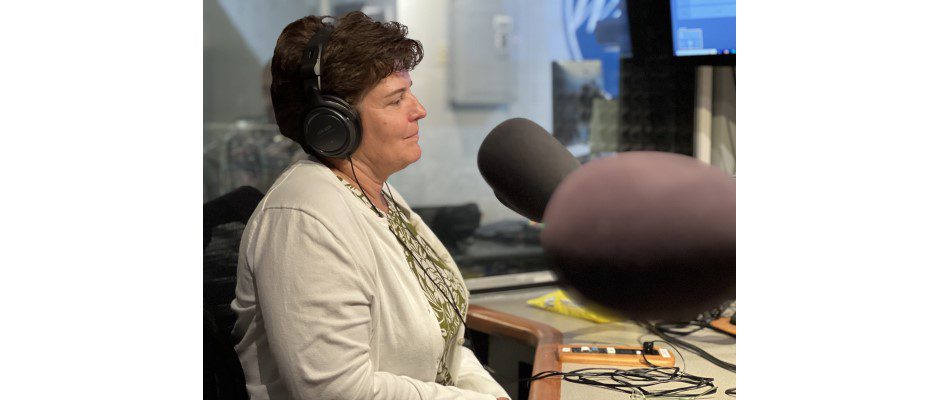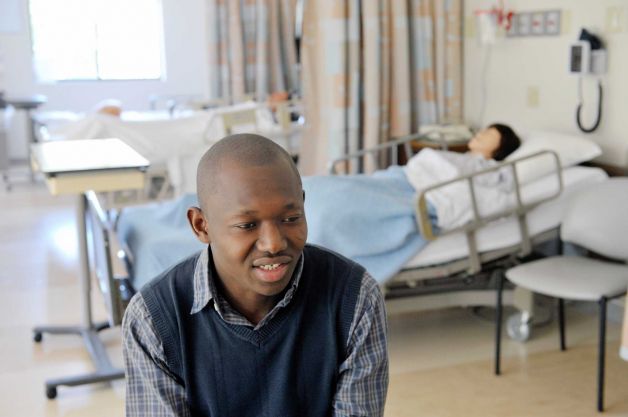
[This piece was written by Kelly Leonard, MSN, RN-BC, Nurse Manager, 3 Gabrilove, and Marie Myer, MS for St. Peter’s Hospital.]
Recovery from an injury or illness, particularly for seniors, can often be a long journey. To make the trip a success, family involvement and an integrated health care team are essential.
Depending on the diagnosis, sometimes progress is made in the first few days. For a healthy senior who has experienced an unexpected fall or a bout with the flu, they may progress seamlessly from the Emergency Department through treatment, rehabilitation and back home again.
For others dealing with the aftermath of stroke, surgery, or another life-altering event, recovery can take several months or longer. Patients are not only seeking to perhaps recover the ability to speak, walk, and do everyday activities, but may also be coping with the emotional issues of disability.
Family involvement is very important at this stage, as there are a number of considerations when planning post-discharge care. Families will be asked to provide preferences for care facilities following discharge, often with a 48-hour timeframe. Discussing your preferences in advance can ease the transition during a period of high stress and anxiety.
Families should ask themselves:
- Does my loved one need post-discharge rehab? Will it be in a facility or outpatient?
- If they are discharged to home, is there someone present during the day to help them as they transition to independence or to their new baseline?
- If my loved one cannot return home, what are my options? The criteria for admission varies greatly for senior apartments, assisted living, skilled nursing facilities, and nursing homes.
The individual’s specific conditions and behaviors will play a role in determining the kind of care they need. Families will need to work closely with case managers and social workers in the hospital to help facilitate decisions.
Patients with Alzheimer’s or dementia often require a high degree of supervision, but do not necessarily require medical care. Many assisted living communities are specially designed for individuals with memory loss and offer this increased level of security and assistance with daily activities.
On the other side, an individual with heart failure or later stage kidney disease might require a lot of medical attention but very little daily supervision. A skilled nursing facility might be a better fit for them.
Individuals who have been experiencing more frequent hospital stays may be best served by a nursing home. Nursing homes provide care for individuals who require a higher degree of medical attention, and those high-level services can help keep residents out of a hospital setting.
To help the patient achieve maximum, functional independence – wherever they may go after discharge – a team of engaged family members and medical specialists is key. Knowing your options and the questions to ask can make for a smooth transition.





